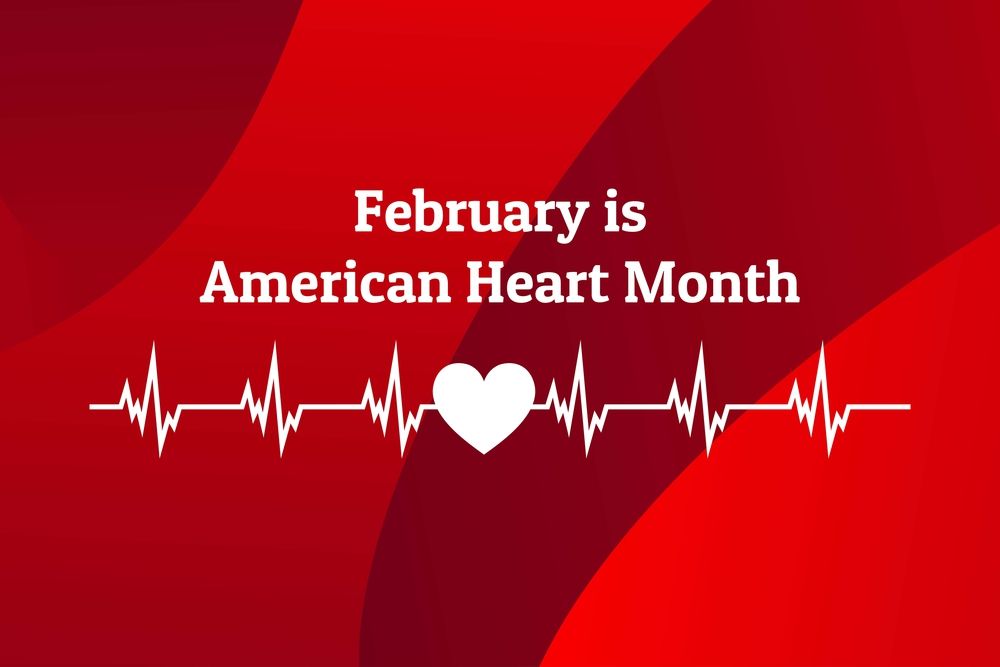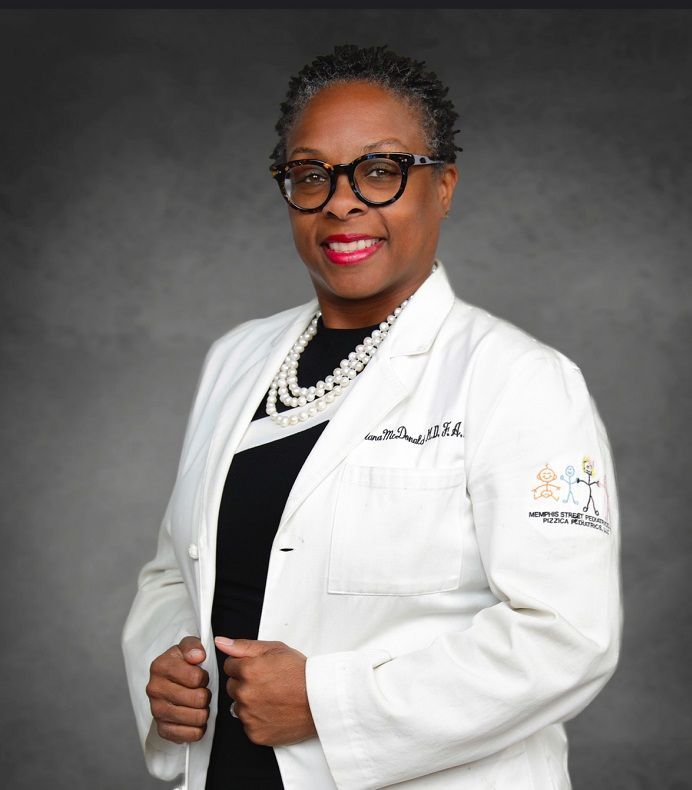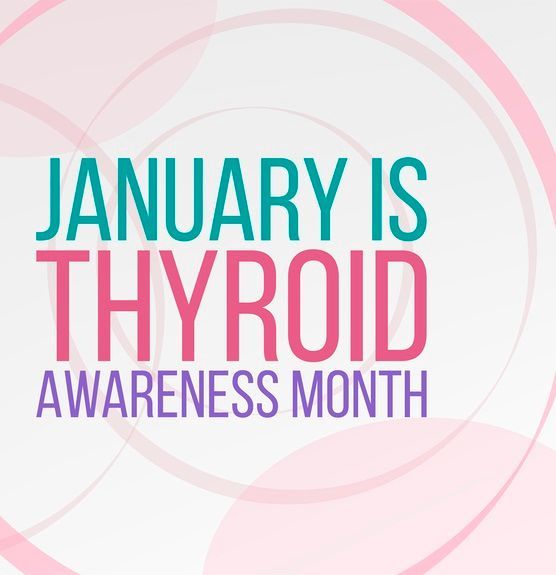3 Ways Food Can Build Healthy Families and Communities
March is National Nutrition Month and the perfect time to talk about the importance of a healthy, balanced diet! According to myplate.gov, most of us should be eating fruits and vegetables (fresh, canned, or frozen), whole grains, lean protein, and dairy (or fortified soy alternatives) each and every day (for nutrition resources by life stage, from infants to adults, click here). Still, making informed food choices goes beyond simply following critical dietary guidelines. Here are three ways food can help build healthy families and communities, including tips to make the most of every meal.
Reading and Understanding Nutrition Labels
Just because something tastes good doesn’t mean it’s good for you. With the rising cost of groceries and busy work and school schedules, it can be difficult to budget and plan for family meals ahead of time, and grabbing a cheap, quick bite off the grocery store shelf or at the drive through can be tempting. However, many of these options are extremely unhealthy and loaded with preservatives, sodium, sugar, saturated and trans fats, and artificial colors and flavors. The American Medical Association reports that, “While it may be convenient, consuming ultraprocessed foods on a regular basis increases a person’s risk of health complications including cardiovascular disease, certain cancers, obesity and type 2 diabetes.” That is why reading and understanding nutrition labels is essential.
Cooking and Eating Together as a Family
Cooking at home with fresh, healthy ingredients can be less expensive than regularly eating out, but the value of sitting down and sharing meals together as a family is about more than just saving money. Cooking involves math, science, reading, and a dash of creativity, and it teaches healthy habits and life skills that can be passed down for generations. It’s also a wonderful opportunity to celebrate and expose children to their heritage and unique cultural traditions. As noted by healthychildren.org, “Shared mealtimes give you the chance to talk, express love, concern, and understanding for each other. Research links family meals with healthy mental development and lower risks for childhood depression, eating disorders, substance use, and other mental health concerns. For inspiration, search online for budget-friendly recipes that families can make together.
Helping Your Family Eat Better
The American Heart Association recently shared “30 Tips to Help Your Family Eat Better,” with a step-by-step approach to eating healthier and making mealtime fun. Here are some suggestions to get you started.
- Allow kids to pick out a new fruit or vegetable in the grocery store each week to try at home.
- Use liquid vegetable oils, such as olive oil, canola oil, and sunflower oil, in place of butter and other solid fats.
- When buying bread, cereals, crackers, and pasta, make sure whole grains are at the top of the ingredients list.
- Keep healthy snacks on hand, such as ready-to-eat fruit and veggies, low-fat yogurt, and lightly salted nuts or seeds (if there are no allergies).
- Serve a fiber-rich, meatless meal at least once a week such as vegetable lasagna, portabella mushroom burgers, or a hearty soup with beans.
- Be a good role model and lead by example by sticking to a healthy, balanced diet and practicing sensible portion control.
Growing up in North Philadelphia, the Twin Sister Docs witnessed a massive gap between their community and its healthcare professionals. Boasting a largely African American and Latinx population, the community’s needs were largely neglected by medical establishments made up primarily of non-African American doctors with no ties to the neighborhoods in which they practiced. This neglect not only produced skepticism; it also drove a wedge between the community and the medical services they desperately needed. The Twin Sister Docs, recognizing they are uniquely qualified, seek to bridge that gap, restore trust in medical professionals, and transform these multicultural communities through reliable health care.
The Contents of the TwinSisterDocs website, such as text, graphics, and other material contained on the site ("content") are for informational purposes only. The content is not intended to be a substitute for professional medical advice, diagnosis, or treatment. Further, the response to questions should be viewed as general health information and not as clinical advice or treatment from TwinSisterDocs (Delana Wardlaw, MD and Elana McDonald, MD). Always seek the advice of your personal physician.
